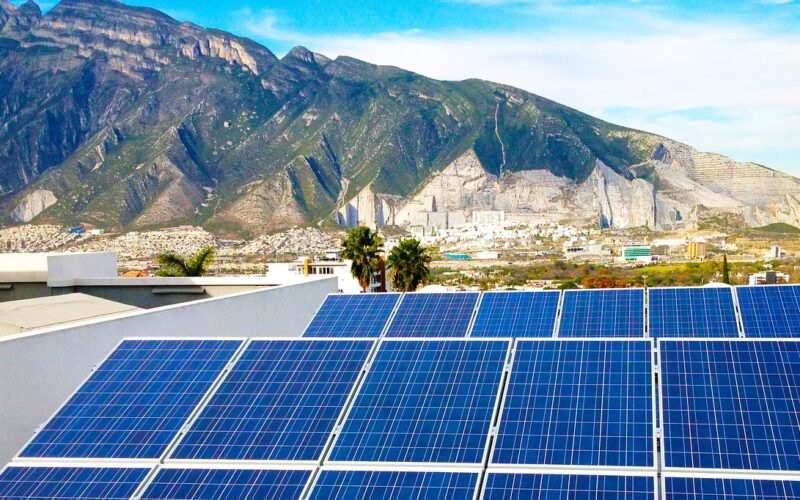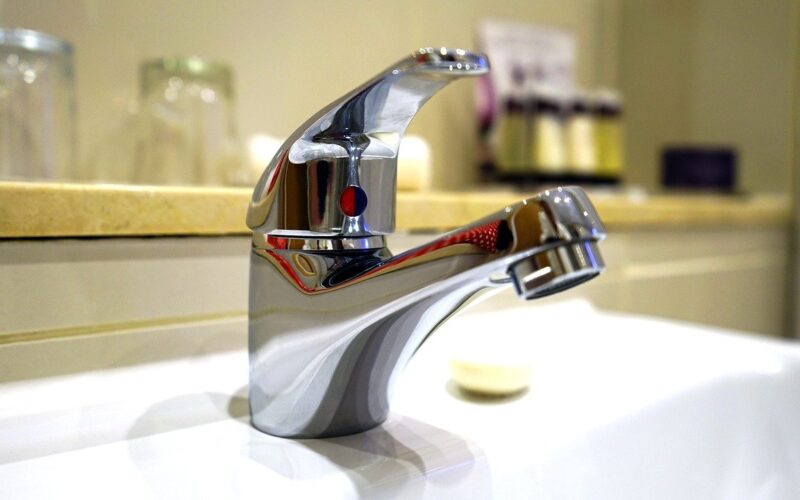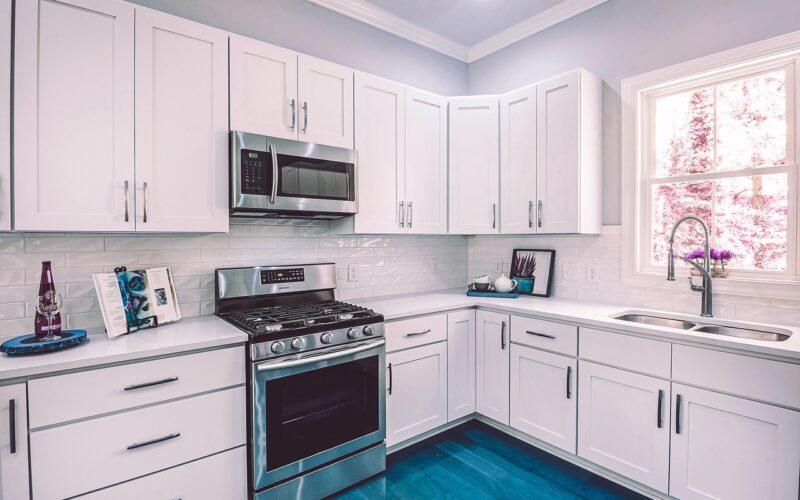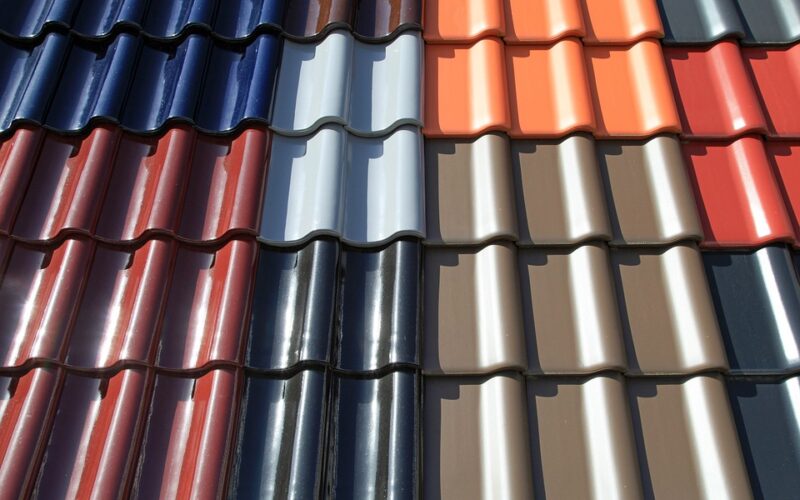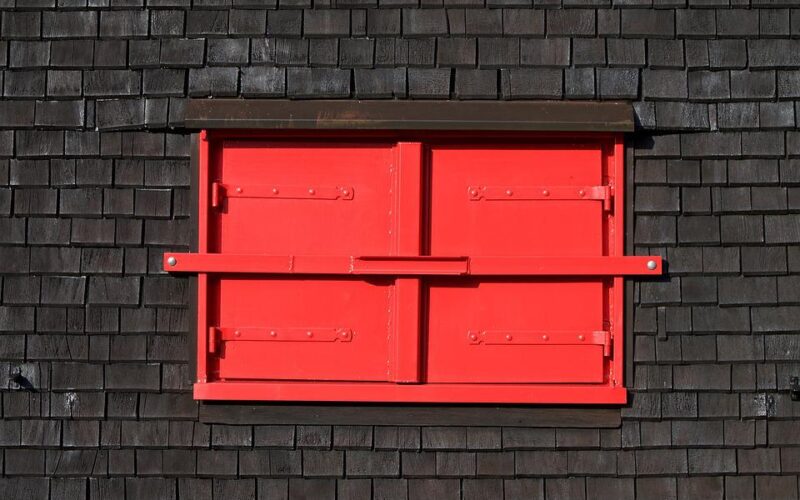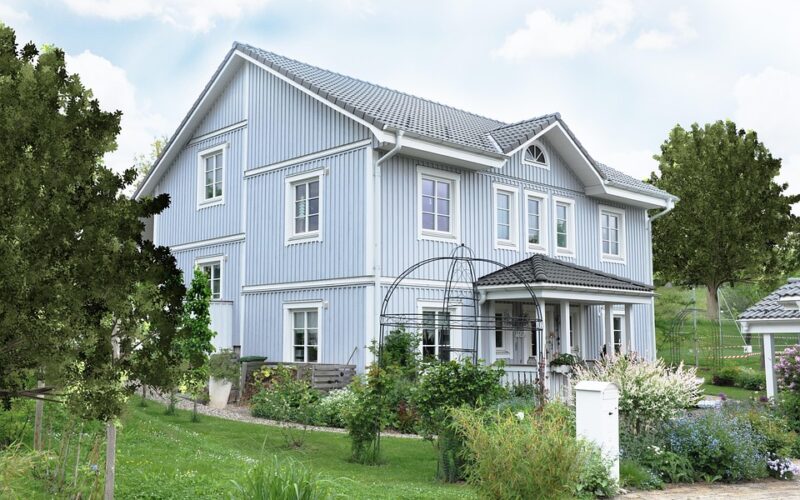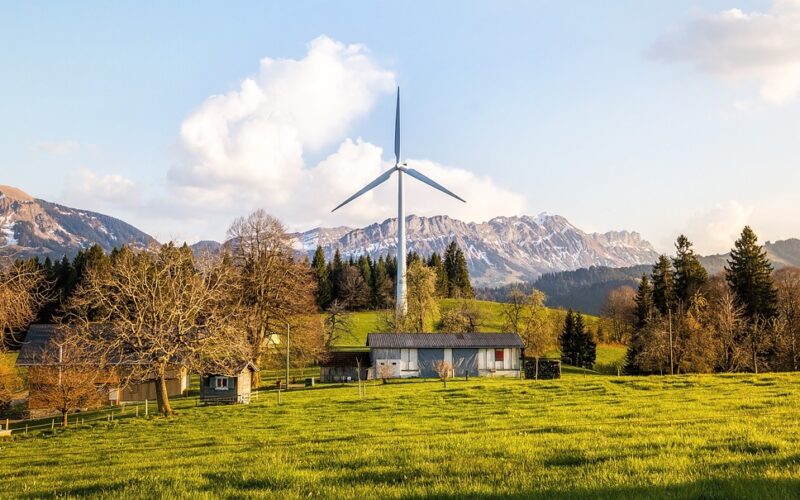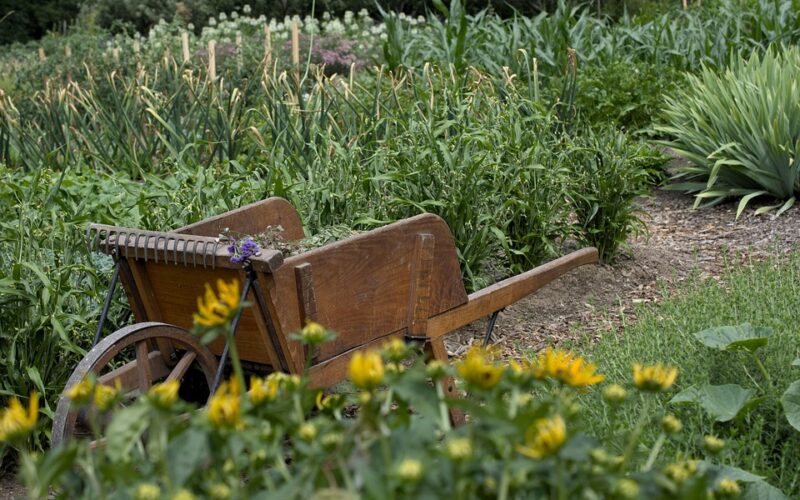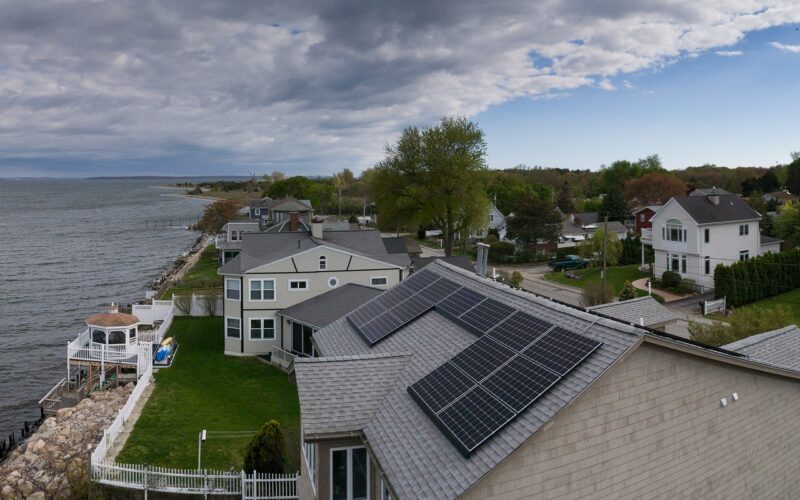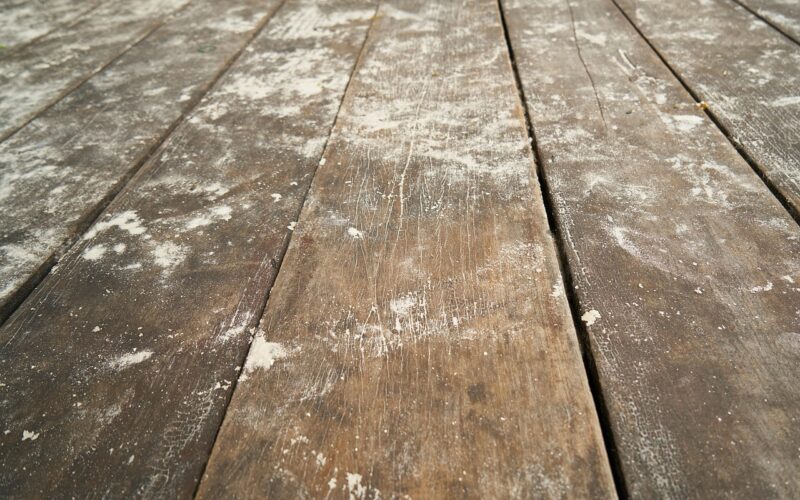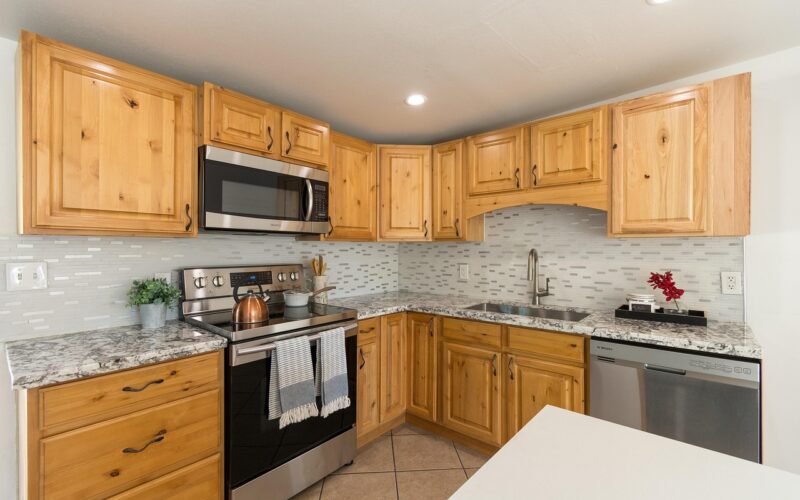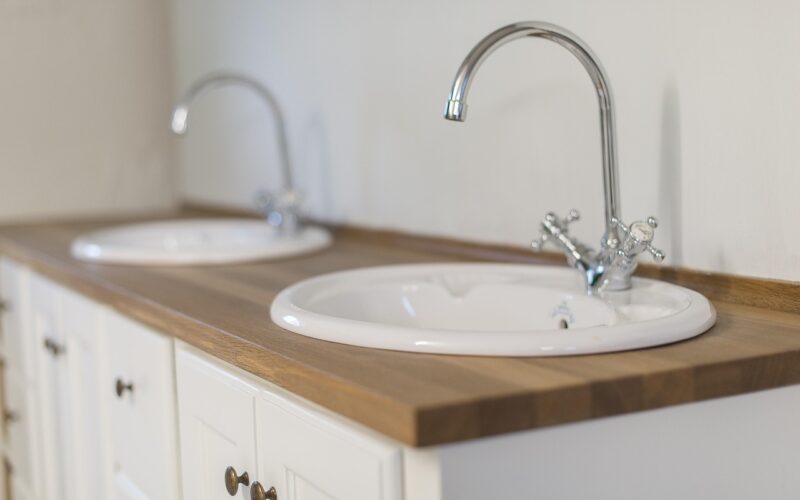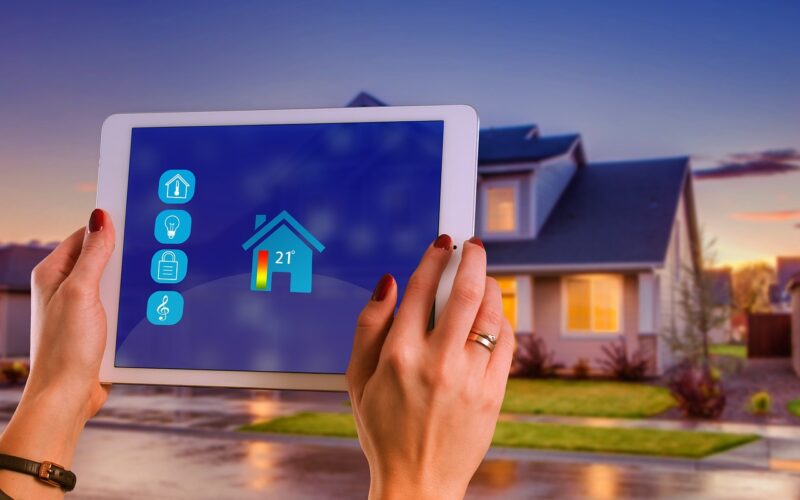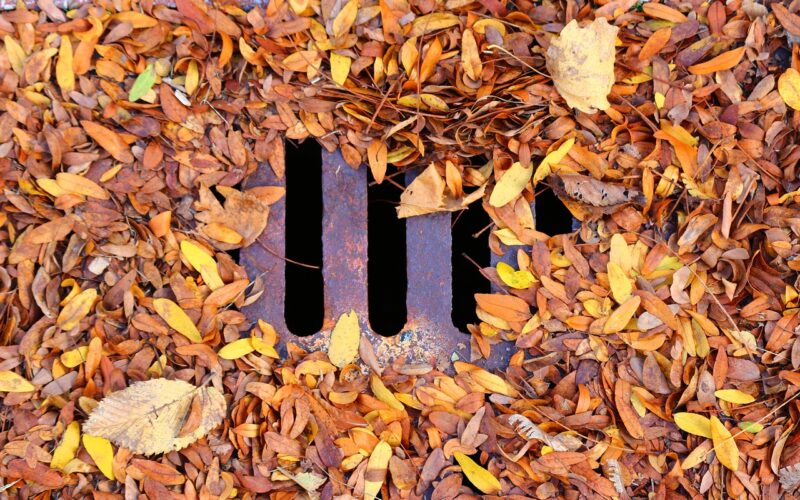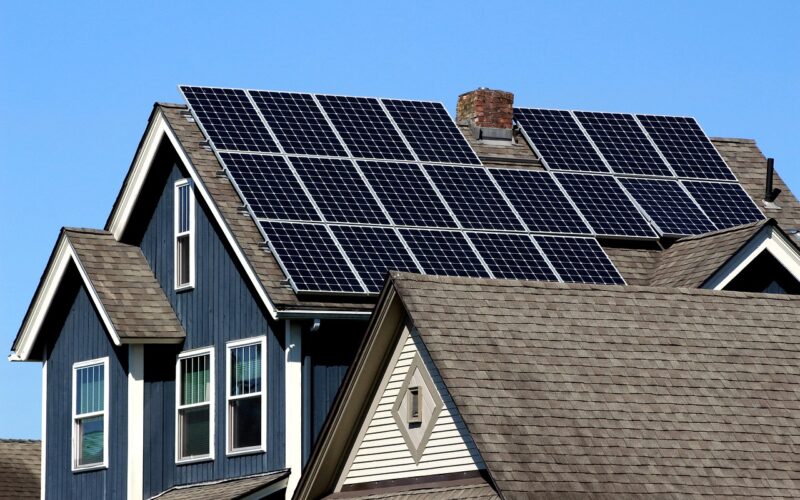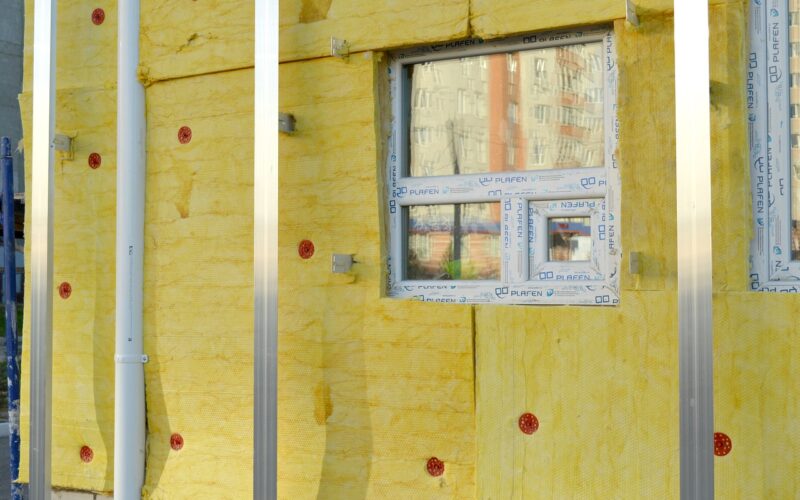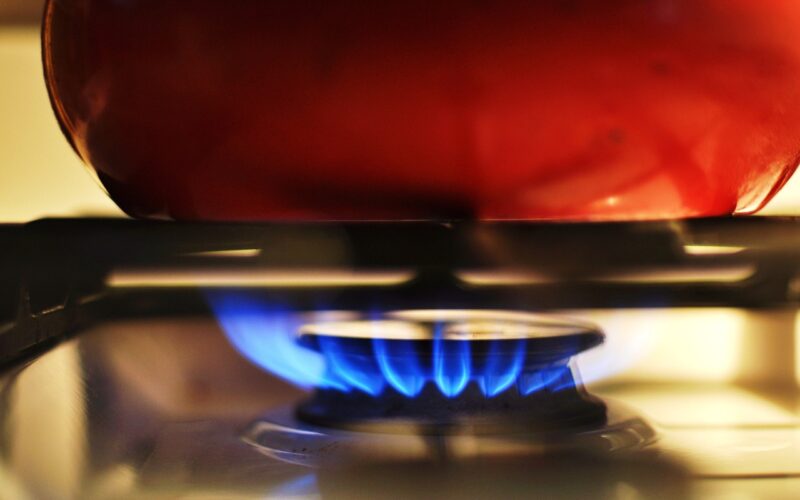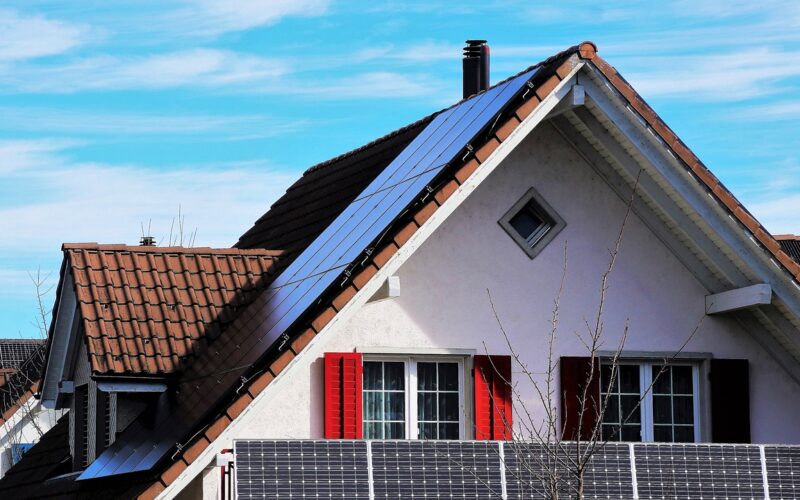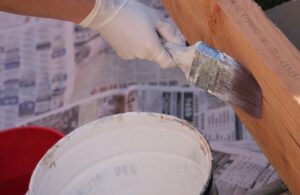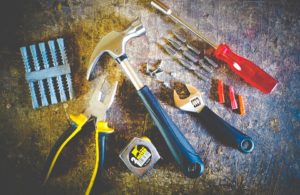Making eco-friendly upgrades to your home not only contributes to the wellbeing of the planet but can also lead to significant savings in your utility bills and improve the overall quality of living. Transforming a traditional home into an eco-friendly sanctuary doesn't have to be overwhelming or costly.
Begin with an energy audit
Before you start making changes, it's important to understand where your home stands in terms of energy efficiency. An energy audit can help you pinpoint areas that need improvement, such as insufficient insulation or outdated appliances that consume excessive power. This assessment can provide a roadmap for your upgrades, ensuring that your efforts are both effective and economical. Many utility companies offer free or discounted energy audits, so it's worth checking in with your local provider to schedule an assessment.
Upgrade to efficient appliances
One of the simplest yet impactful changes you can make is to replace old, energy-hungry appliances with energy-efficient models. Look for products that have the Energy Star label, indicating they meet energy efficiency guidelines set by the government. While the initial cost may be higher, the savings on your energy bills over the lifetime of the appliance will be significant. Plus, some areas offer rebates or incentives for purchasing energy-efficient appliances, providing additional savings.
Insulate and seal your home
Proper insulation is vital for maintaining an eco-friendly home. It keeps the warmth in during winter and out during summer, reducing the need for heating and cooling. Adding insulation to your attic, walls, and floors can dramatically improve your home's energy efficiency. Also, seal gaps around windows and doors to prevent drafts. These upgrades can often be done as a DIY project or with the help of a professional if your home requires more extensive insulation work.
Conserve water with smart plumbing
Water conservation is an essential aspect of an eco-friendly home. Contacting a plumber to install low-flow toilets, showerheads, and faucet aerators can significantly reduce your water usage. You can also consider a greywater system that recycles water from sinks, showers, and washing machines for use in your garden or toilet flushing. Water-saving measures not only benefit the environment but can also lower your monthly water bill.
Invest in renewable energy sources
For homeowners who are ready to make a bigger investment, renewable energy sources like solar panels or wind turbines can drastically reduce your carbon footprint and energy costs. Installing solar panels might have a hefty initial price tag, but with various government grants, tax benefits, and the potential to sell excess electricity back to the grid, renewable energy is becoming an increasingly attractive option for many.
Create an eco-friendly garden
Finally, don't overlook the outside of your home. An eco-friendly garden serves as a natural extension of an eco-conscious household. Use native plants that require less water and maintenance, set up a composting system for organic waste, and avoid chemical pesticides and fertilisers. Not only will this create a healthier outdoor environment, but it also provides a sanctuary for local wildlife.
By following these steps, you can make significant strides in making your home kinder to the environment. With each eco-friendly upgrade, you're contributing to a more sustainable future while also creating a healthier living space for yourself and your family. Whether you're making small changes or investing in major renovations, every effort counts towards a greener planet.
